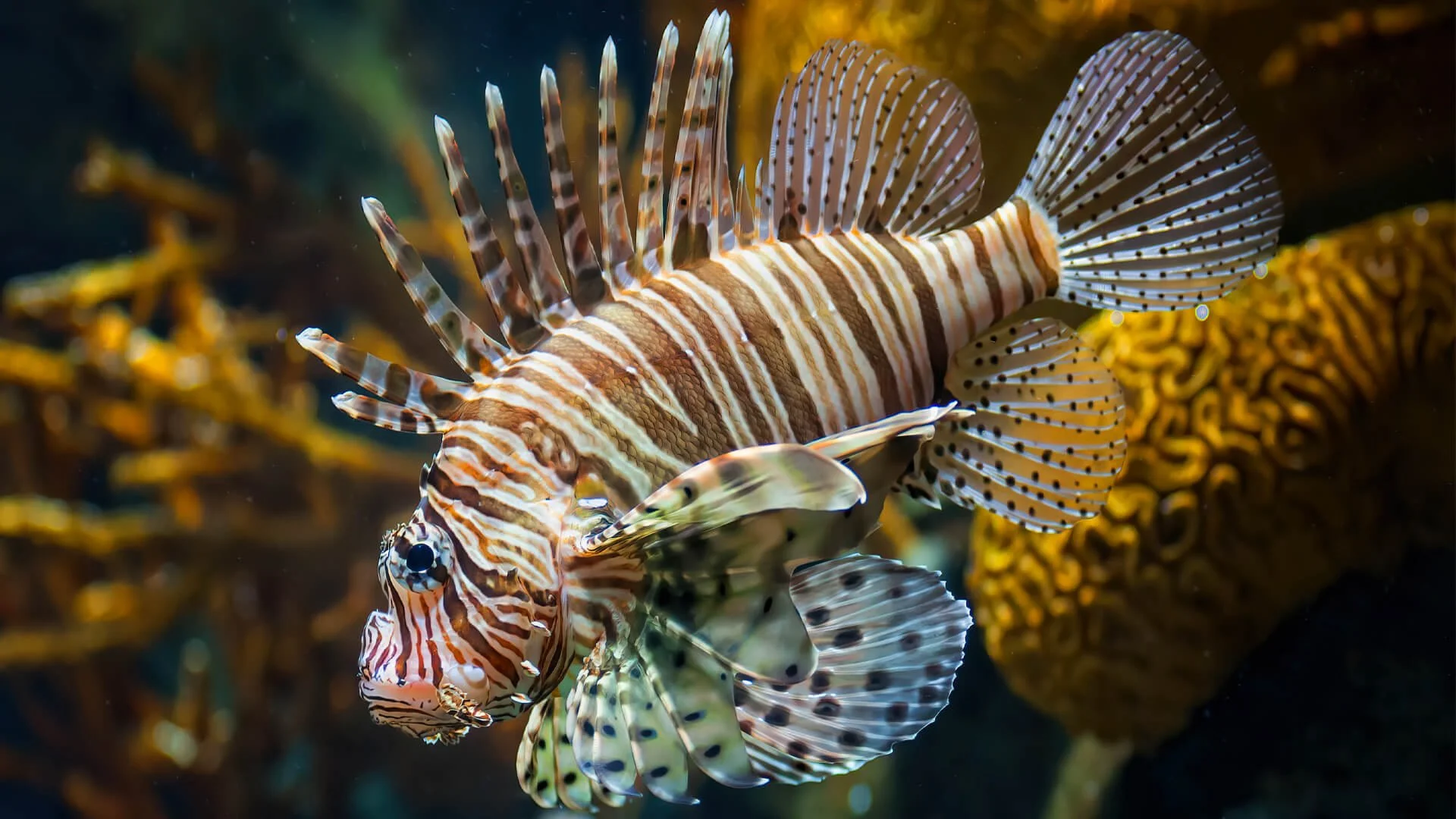Why Hunt Lionfish?
Lionfish are not popular in the sense of being admired or sought after by most people. However, they have gained attention and recognition for several reasons:
Invasive Species: Lionfish are not native to the waters of the Caribbean and Western Atlantic Ocean. They were introduced by human activities, likely through the aquarium trade, and have become invasive in these regions. As an invasive species, lionfish have a negative impact on native ecosystems, as they have no natural predators and can outcompete native fish for food and habitat.
Beautiful and Exotic Appearance: Lionfish are visually striking with their vibrant colors, long spines, and unique patterns. Their appearance has caught the attention of divers, photographers, and aquarium enthusiasts. They are often admired for their beauty and are sought after as subjects for underwater photography.
Unique Hunting Behavior: Lionfish are ambush predators and have a unique hunting style. They use their elaborate pectoral fins to corner and trap smaller fish, and their venomous spines to immobilize prey. Their hunting behavior, combined with their distinctive appearance, has fascinated many people.
Culinary Delicacy: Despite being invasive, lionfish are edible and considered a culinary delicacy in some regions. The white, flaky flesh of the lionfish is said to be delicious when properly prepared. Efforts have been made to promote lionfish as a sustainable seafood option and to encourage its consumption as a way to control their population.
Conservation Efforts: Due to the negative impacts of lionfish on native marine ecosystems, there have been concerted efforts to control their population through various means. This has included spearfishing derbies, lionfish culling initiatives, and encouraging the public to participate in removing lionfish from the waters. These conservation efforts have raised awareness about the lionfish invasion and the importance of protecting native marine life.
While lionfish are not popular in a positive sense, they have gained attention and interest due to their invasive nature, striking appearance, unique hunting behavior, culinary value, and the conservation efforts aimed at controlling their population. It is important to address the lionfish invasion through proper management strategies to mitigate their negative impact on native marine ecosystems.


